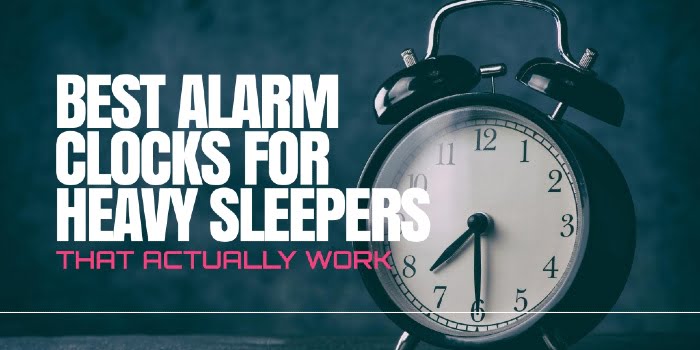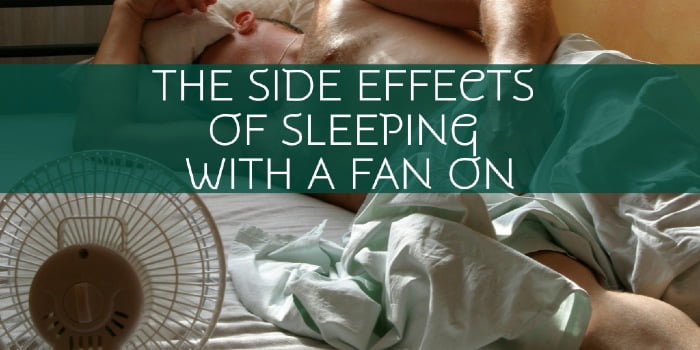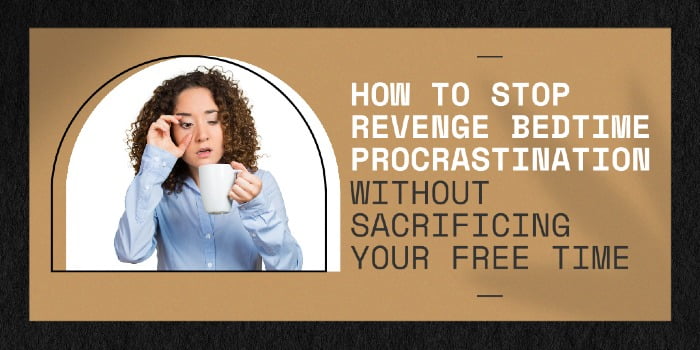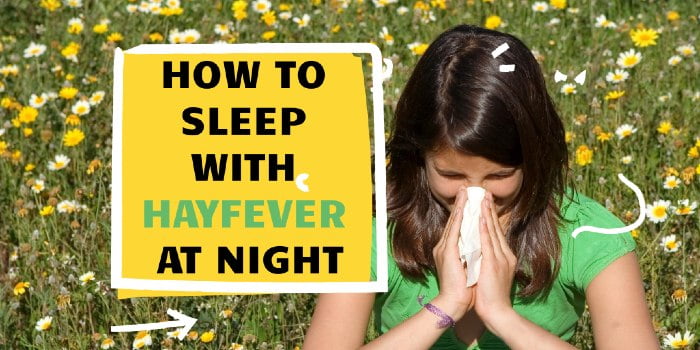Melatonin is a hormone that is essential for sleep. That’s about as much information that a lot of people know when it comes to the science behind sleep.
But if you’re struggling to get your much needed 8 hours, the first step to solving your problem is to understand it. You can’t do that if you don’t fundamentally understand how sleep works.
Melatonin is a key part of that.
To help lift the curtain, we’re deep-diving into the science, giving you all the information you need to know about melatonin and sleep.
How does melatonin work?
Melatonin is a hormone that is secreted by the pineal gland in your brain.
Not familiar with the pineal gland? Don’t worry. This is basically a part of your brain that works whenever it receives a message from a group of nerves called the suprachiasmatic nucleus (SCN).
The SCN is controlled by your hypothalamus. This is incredibly important for regulating everything to do with your body, including temperature and sleep. Too cold? It will send a message to up your temperature. Too hot? Let’s start sweating it out. You get the picture.
Your hypothalamus uses your circadian rhythm to control your sleep. This is basically your body’s natural clock that lets you feel awake in the day and tired at night. This is where melatonin comes in.
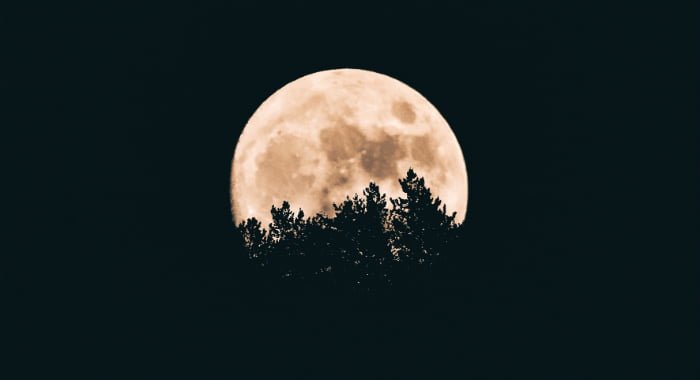
It works like this:
- Your body notices it’s dark outside.
- This message goes to your hypothalamus and your body clock switches into night mode.
- The SCN is used to carry a message to your pineal gland to produce melatonin, which triggers your body to start getting ready for sleep.
High levels of melatonin also help drop your body temperature and blood pressure. In addition, it also signals to your brain to slow down the other signals it gets, helping you slow down and stop thinking so much.
This is what gets your body into the first stage of the sleep cycle ready for a peaceful 8 hours.
During the day, the opposite process happens. Your body will get the signal that it’s light outside and time to wake up. Using the SCN, your hypothalamus will relay a message to your pineal gland to stop making melatonin, helping you stay awake.
If you don’t produce the right amount of melatonin at the right times, you’ll struggle to sleep. It’s as simple as that.
This will have a chain reaction effect on your health. Without a proper night’s sleep, you’ll feel tired, slow and groggy. But lack of sleep does more than just put you in a bad mood. Without giving your body a full chance to rest and recover, you increase your risk of type 2 diabetes, mental illnesses, cancer and heart disease.
You can discover more about why sleep is important here.
The bottom line: melatonin plays an incredibly important role for your health. If you’re struggling to sleep, you should try to help your body’s production of it as much as possible.
How can you help produce more melatonin?
Shockingly, over 16 million adults in the UK alone suffer from sleepless nights. To put that in perspective for you, that’s approximately a quarter of the entire population of the UK.
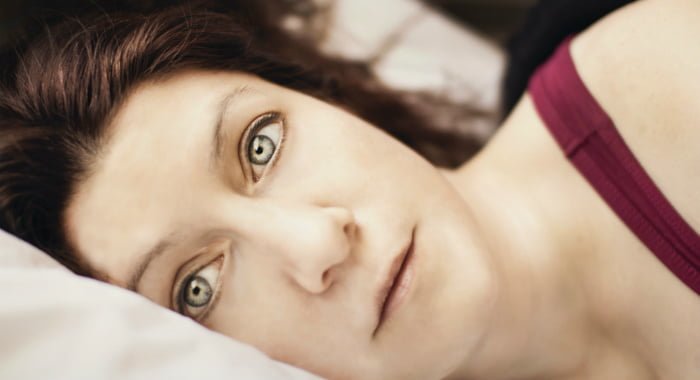
Interestingly enough, this is also just under the entire population of the Netherlands. That’s a lot of people suffering from sleepless nights or common sleep disorders.
If you’re one of them, you will want to do everything you can to get a restful night, including increasing your melatonin production.
Don’t worry – you don’t need to go straight to the supplements yet. There are natural things you can do to improve your production of melatonin, starting with these 5 tips.
1. Get out of the light
Melatonin didn’t get the nickname “hormone of darkness” for nothing. And no, it’s not for being an Ozzy Osbourne fan.
As touched on before, melatonin production is stimulated by darkness. It’s how your circadian rhythm helps regulate your sleep cycle and keep you asleep at night.
But we don’t live in the dark ages anymore. As soon as it gets dark outside, the lights go on inside. Unless you’re outdoors a lot, this means that you’re not actually exposed to the natural changes in daylights, making it difficult to know when it’s actually night time or not. It’s all very confusing on the senses.
Want to help melatonin production? Switch your lights off. Allow your rooms to get dark and for your body to register that it’s time to make some melatonin.
While we’re on the subject of light, we should talk about one of the biggest producers of blue light. Your phone.
2. Limit your screen time
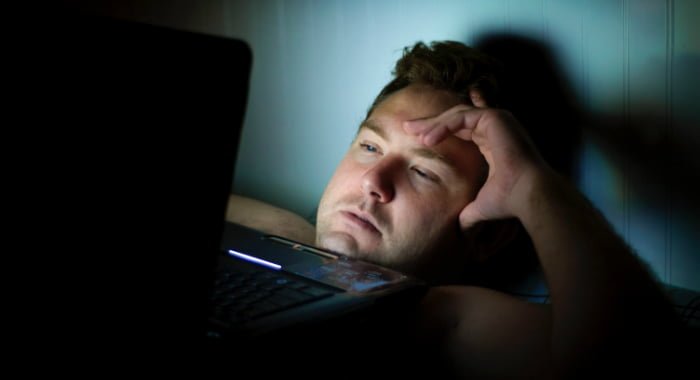
Mobile phones, tablets, TVs… All of these are wonderful devices. But they are not good for your sleep. And this isn’t just down to the pure distraction that they offer. Trust me, we’ve all done the “just one more episode” routine before.
The biggest problem with screens is that they emit blue light, which disrupts your circadian rhythm. The blue light signals to your brain that it’s still daytime outside, putting off the signals to start producing melatonin.
In fact, a Harvard study showed that blue light suppressed melatonin for nearly twice as long as other forms of light.
Want to up your melatonin? Put your devices down before bed and enjoy some screen-free downtime at the end of your day.
3. Try to right your body clock
The better your circadian rhythm, the more melatonin you’ll produce at the right times.
You don’t need any fancy changes to help you out for this one. Just get into the habit of waking up when it’s light and going to bed when it’s dark. That means not sleeping in until noon and going to bed at 3 am. It’s not good for your sleep and completely throws off your body’s natural clock.
For shift workers, this isn’t always possible. In this case, you may want to try melatonin supplements, which we’ll cover in more detail below.
4. Watch the sunset

If you’re looking to give your circadian rhythm and boost and hit the reset button on your sleep cycle, you need to watch the sunset. It’s the ultimate signal to send to your brain that it’s night time and you need to start making melatonin.
And when we say watch the sunset, we mean really watch it. Get yourself outdoors and taking in the sights the best you can, not distancing yourself through them through a window.
For extra benefit, get up in the morning and watch the sunrise too. You’ll be surprised at how much more energetic, awake and ready to face the day you’ll feel.
5. Avoid the nightcap
Alcohol does not help you sleep.
Yeah, you might be thinking otherwise here, but trust me. If you want to get a good night’s rest, alcohol will do the exact opposite because it actually decreases your melatonin levels.
Less melatonin? The harder it is to sleep. Simple.
Alcohol also has a really nice effect of dehydrating you as well, making it harder for your body to rest and recover like it needs to. No wonder hangovers are so easy to get.
Is it safe to take melatonin to help you sleep?

Still struggling with sleep after following these tips? Perhaps melatonin supplements might be right for you.
Melatonin supplements are exactly as they sound. Concentrated doses of the hormone that you can directly take to up your melatonin levels. They come in many doses, with some freely available over-the-counter. But for best practice, you should visit your GP to get advice on the correct dosage and usage for you.
Melatonin supplements have been shown to help a number of sleep conditions, including insomnia and jet lag.
Melatonin supplements also work wonders for those that are looking to regulate their circadian rhythm, whether they work shifts or suffer from delayed sleep-wake phase disorder (DSWPD), which causes people to sleep and wake up at unusual times.
When taking melatonin supplements, studies have found that participants fell asleep an average of 34 minutes earlier. Not only that, but they also got better quality sleep during the first third of the night, leaving them feeling much more refreshed and awake the next day.
What are the side effects of melatonin?
Used in the short-term, melatonin can be linked to mild side-effects such as:
- Headache
- Dizziness
- Nausea
- Sleepiness
But the side-effects of melatonin aren’t fully known.
That’s because currently, there just isn’t enough research into the effect the hormone has on the body, particularly in the long-term.
If you think you need melatonin supplements, book an appointment with your GP to discuss any side-effects, possible reactions with other medication and the safest dose for you to be on.
How long before bed should you take melatonin?

Your body normally starts producing melatonin roughly 2 hours before you go to sleep. But melatonin supplements are faster acting than having your body produce the hormone itself, and normally only takes 30 minutes to an hour for them to kick in. Once taken, melatonin will last in your system for roughly 5 hours.
When you first start taking the supplement, it’s recommended that you take it 30 minutes before bed. If this doesn’t work, increase the time to an hour. Of course, this also depends on you and the dosage that you’re taking. If you’re not sure, see your GP or pharmacist for more information.
Just be warned that increasing your melatonin intake will make you feel tired. So it’s not recommended to take during the day, or before driving or operating heavy machinery.
Melatonin and sleep: what to remember
Melatonin helps regulate your sleep cycle, letting your body know that it’s time for sleep and helping send you off for the night. It’s created at night time when your body senses that the light is gone.
Without it, you’ll struggle to sleep. This can lead to a lot of potential long-term health effects, so it’s essential that you try to increase your melatonin when possible. There are a number of ways you can do this naturally, including:
- Decreasing the light at nighttime to trigger the production of the hormone.
- Limiting your screentime to prevent blue light from suppressing the production.
- Getting up in the morning and creating a routine to help strengthen your circadian rhythm.
- Giving your natural body clock a reset by watching the sunset and sunrise.
- Avoiding alcoholic drinks before bed, which suppress the production of melatonin.
If these tips fail, you can always speak to your GP for advice about taking melatonin supplements to help right your circadian rhythm and boost your sleep.

